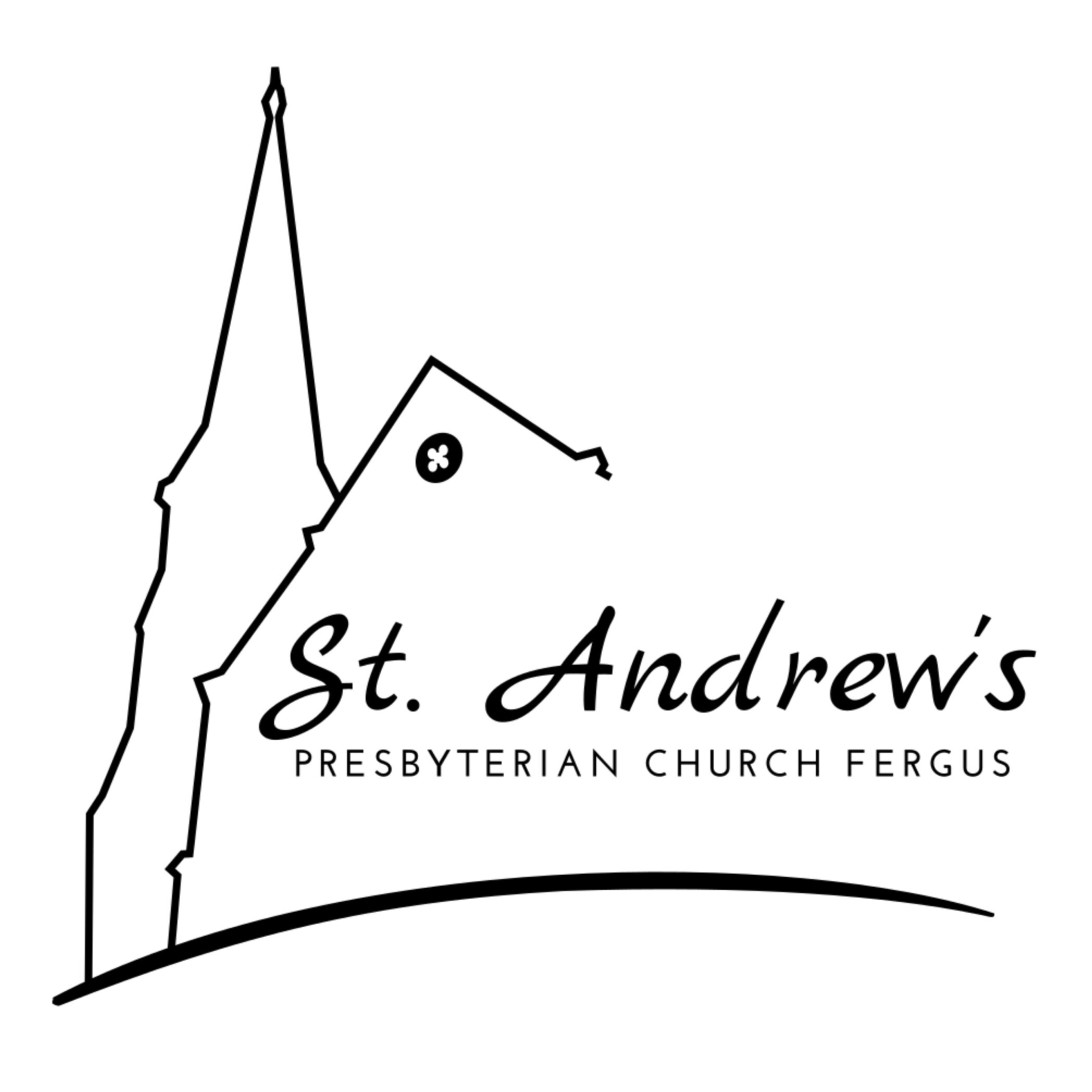Trusting God when the threats are real
Trusting God when the threats are real
Sept. 13 - Psalm 54
To the leader: with stringed instruments. A Maskil of David, when the Ziphites went and told Saul, “David is in hiding among us.”
1 Save me, O God, by your name, and vindicate me by your might.
2 Hear my prayer, O God; give ear to the words of my mouth.
3 For the insolent have risen against me, the ruthless seek my life;
they do not set God before them. Selah
4 But surely, God is my helper; the Lord is the upholder of my life.
5 He will repay my enemies for their evil. In your faithfulness, put an end to them.
6 With a freewill offering I will sacrifice to you;
I will give thanks to your name, O Lord, for it is good.
7 For he has delivered me from every trouble,
and my eye has looked in triumph on my enemies.
With Psalms 51 and 52 the backstories helped us understand the psalms. With Psalm 54 and a number of other psalms between Psalms 51 and 60, there are backstories which are essential to understanding the given psalm.
King Saul wanted David dead, and Saul offered rewards and special privileges to those who would tell him where to find David, who was in hiding. The Ziphites who lived in Gibeah (part of the tribe a Benjamin) went to Saul and told him where David was hiding. Saul was from the tribe of Benjamin, while David was from the tribe of Judah – the Ziphites were likely motivated both by a desire for the rewards being offered as well as loyalty to their fellow tribesman, who happened to be the king. In any case they told Saul where David was hiding. Saul chased down David, but God rescued David. (See I Samuel 26:1 and following verses for the rest of the story.)
The context for the psalm is that David had learned the Ziphites had turned him in – and he was scared and angry. When we are betrayed, we are angry as well. When we feel vulnerable, afraid that someone is going to do us real harm, we are likely to go to God and ask God to not only protect us but to bring the other side (the opponent, the enemy) to account. That is a human response.
We may think David’s call on God to “put an end” to those who betrayed him wrong and vengeful, and therefore, not something we want to imitate. Yet, his trust that God will act, that God is his “helper” and “the upholder of my life” – even in the midst of serious threat – is a powerful example of trust.
When all of our defenses are stripped away, when all our self-sufficiency has been shown to be useless, we like David have only one place to turn – God. But in that moment of having turned to God we often continue to fret and worry, trying to manage things, rather than humbly trusting God. David’s trust in God in the midst of crisis is worth imitating.
PRAYER:
God our helper and our salvation, teach us to trust You, in the good and the bad; in the joyful and the threatening. In Jesus’s name. Amen.
